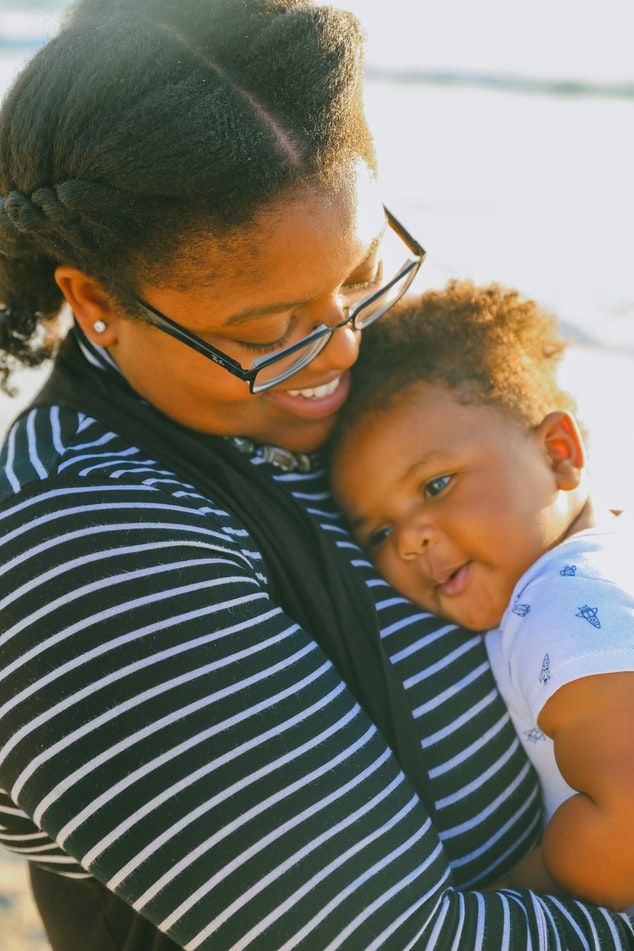Abstract
The legacies of slavery today are seen in structural racism that has resulted in disproportionate maternal and infant death among African Americans.
The deep roots of these patterns of disparity in maternal and infant health lie with the commodification of enslaved Black women’s childbearing and physicians’ investment in serving the interests of slaveowners. Even certain medical specializations, such as obstetrics and gynecology, owe a debt to enslaved women who became experimental subjects in the development of the field.
Public health initiatives must acknowledge these historical legacies by addressing institutionalized racism and implicit bias in medicine while promoting programs that remedy socially embedded health disparities.
In February 2019, embattled Virginia governor Ralph Northam referred to Virginia’s racist past by connecting it to the assumed healing power of medicine. Shortly after conservative political rivals published a racially offensive photo allegedly of Northam and a medical school friend in blackface, the governor responded, “Right now Virginia needs someone who can heal. There’s no better person to do that than a doctor.”
As a pediatric neurosurgeon, Governor Northam relied on the language of healing and the presumed belief that many Americans have that doctors are committed to curing what ails us all. Surely anti-Black racism, if thought of as a disorder, as Northam suggested, should be cured by neurosurgeons who are charged to rehabilitate disorders affecting the brain. In light of the medical field’s racist past, can we trust physicians and surgeons such as Governor Northam with such an important task? More specifically, as historians who work on the effects of racism on Black people’s bodies, especially women, we focus much of this commentary on how reproductive justice and birthing justice must be attained by and for Black women systemically.
Authors: Deirdre Cooper Owens PhD, and Sharla M. Fett PhD
Published: June 14, 2019
DOI: 10.2105/AJPH.2019.305243
